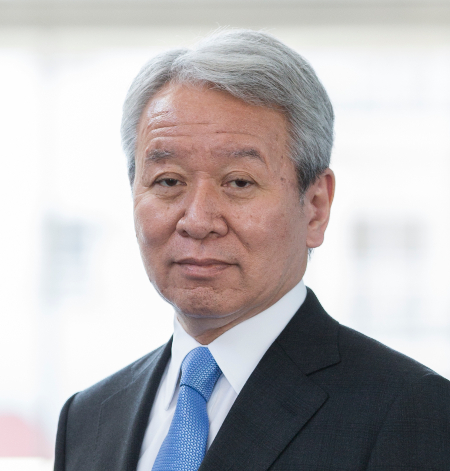
Full Text
簡体字 / 正體字 / English摘要:
美国与中国之间的“贸易战”并非仅为经贸关系上的一系列纷争。它显示出了包含意识形态、军事及安全问题在内之体系纷争的展开。在美国也已形成必须要纠正中国侵害知识产权的行为及停止其强迫外资技术转移给中国企业的超党派共识,美国人已决意要阻止中国在高科技产业上占有优势。之所以形成如此高的超党派共识,是因为中国在不改变国内威权统治的情况下取得了显著的经济和技术发展。中国共产党总书记习近平在第十九次党全国代表大会的报告给人的印象,是中国现在正试图将这种模式输出给其他开发中国家。在未来数个月,中美双边贸易可能会达成妥协。不过只要中国维持目前强化其威权主义体制,并寻求技术霸权的趋势,潜在性“新冷战”就会持续存在。即便日本对中政策及安全政策无法建立在中国的政治体制迈向自由化的前提之下,但我们必定不能忘记在中国仍有一群追求自由化的人们,我们无须认定中国迈向自由化的道路已完全关闭。
摘要:
美國與中國之間的「貿易戰」並非僅為經貿關係上的一系列紛爭。它顯示出了包含意識形態、軍事及安全問題在內之體系紛爭的展開。在美國也已形成必須要糾正中國侵害智慧財產權的行為及停止其強迫外資技術轉移給中國企業的超黨派共識。美國人已決意要阻止中國在高科技產業上佔有優勢。之所以形成高度的超黨派共識,是因為中國在不改變國內威權統治的情況下取得了顯著的經濟和技術發展。中國共產黨總書記習近平在第十九次黨全國代表大會的報告給人的印象,是中國現在正試圖將這種模式輸出給其他開發中國家。在未來數個月,中美雙邊貿易可能會達成妥協。不過只要中國維持目前強化其威權主義體制,並尋求技術霸權的趨勢,潛在性「新冷戰」就會持續存在。即便日本對中政策及安全政策無法建立在中國的政治體制邁向自由化的前提之下,但我們必定不能忘記在中國仍有一群追求自由化的人們,我們無須認定中國邁向自由化的道路已完全關閉。
Abstract:
The “trade war” between the United States and China is not simply a series of disputes in their economic relationship. It indicates the emergence of a more systemic conflict that encompasses both ideology and military and security issues. There has emerged a bipartisan consensus in the U.S. on the necessity to rectify China’s practices of intellectual property rights violations and forcing foreign firms to transfer their technologies to Chinese firms. Americans appear determined to prevent China from dominating high tech industries. This consensus has emerged largely because China has achieved significant economic and technological development without changing its domestic authoritarian rules. Xi Jinping’s 19th Party Congress speech gave the impression that China is now trying to export such model to other developing countries. A compromise may be made on trade issues in the coming months. But as long as China maintains current trend of strengthening its authoritarian tendencies and seeks technological supremacy, a “new Cold War” will continue if under the surface. Japan cannot base its China policies and its security policies on the premise that China will move towards liberalization. But we must not forget that there are people in China who seek liberalization. There is no need to think that the path to liberalization in China is completely barred.